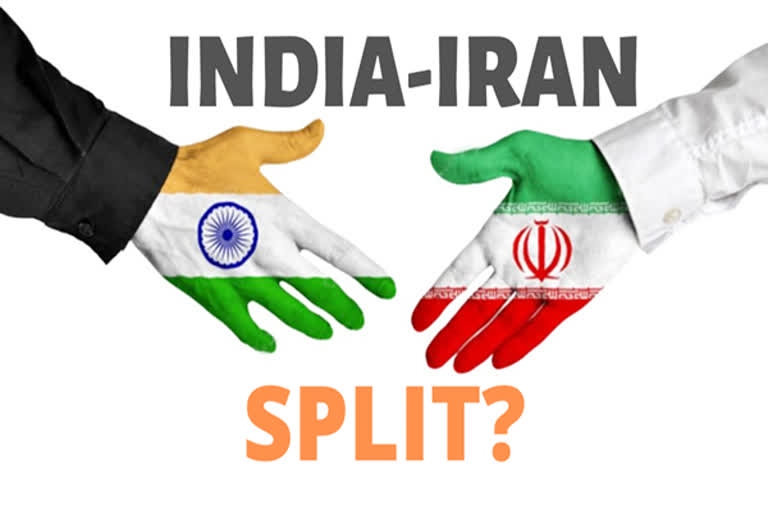Hyderabad: The New Year has begun with escalation of tensions in the Middle East. The standoff between the USA and Iran, building since Donald trump’s declaration in May 2018 to rescind the nuclear deal signed by the Obama administration between the two countries has now presented a strong possibility of further flaring up into a full-blown war.
The immediate cause of this ignition of tension was the death of Major General Qassem Suleimani, Commander of IRGC (Islamic Revolutionary Guards Corps) and Abu Muhadi Al Muhandis, Commander of Popular Mobilisation Force in a US drone strike near Baghdad Airport.
Iranian forces have vowed to take revenge for the death of their two most competent military leaders. Trump, on the other hand, has declared that further action against Iran would be to end and not to begin a war with Iran.
Tension had been brewing between the two countries since the Islamic revolution in Iran in1979 which saw the toppling of the government of Shah Reza Pehelvi, a staunch ally of the USA. The USA immediately snapped diplomatic ties with Iran and since then the US interests in Iran are being protected by the Embassy of Pakistan in Tehran.
Read Also: Trump took risk by ordering Soleimani's killing, putting world on edge
The deteriorating relations saw a nadir in 1995 when the USA put a trade embargo against the Shia Iran. Another potential reason behind the souring of relations was that most Sunni GCC countries under the leadership of Saudi Arabia (a close ally of USA) did not want oil-rich Iran to compete with it in the region.
US being the biggest oil importer from Saudi Arabia at that time and the latter being the biggest arms importer from the US, it suited the dominant Jewish business lobby to keep Iran at bay. However, in 2015, Barak Obama entered into a nuclear deal with Iran which obligated Iran to substantially reduce its nuclear fuel production and processing facilities under strict periodical inspection by the International Atomic Energy Authority.
US president was also to periodically certify that Iran was fulfilling its obligations. However, after certifying for about one year, Trump who had vowed during his election campaign to end this disastrous and worst deal forever pulled out of it despite severe criticism by the EU, France, Russia, China, UK, and Germany. The excuse was that, based on a presentation made by the Israeli Prime Minister Netanyahu, there were credible inputs that Iran had clandestinely gone back from its commitments under the deal.
Iran naturally got irked and reacted. One action led to another and now we have more than 18,000 US soldiers in the Gulf in name of protection of the region from Iran.
